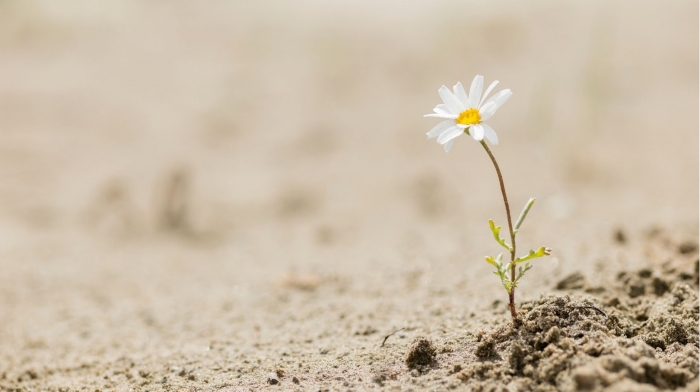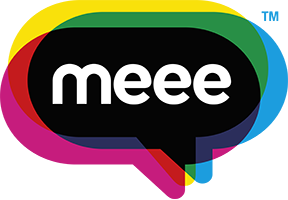Where's The Resilience In Resilience?

In 1967, psychiatrists Thomas Holmes and Richard Rahe examined the medical records of over 5,000 patients to see if there was a connection between stress and illness. Their findings became the Holmes and Rahe Stress Scale, which assigns a certain number of ‘life event units’ or score to 43 life events.
At the top of the list with 100 units is the death of a partner all the way down to minor law violation, which scores 11. According to Holmes and Rahe a score of 300 or more predicted illness. This sounds plausible and obvious. Certainly, we know that too much cortisol (stress hormone) created in the body by chronic stress can be damaging to health, but subsequent research demonstrated that there were plenty of people who scored well over 300 who were not ill. But why?
A decade later, Suzanne Kobasa, professor of Behavioral Science at the University of Chicago proposed why – ‘psychological hardiness’. In other words, the people who did not get ill despite high stress scores were resilient.
Resilience is a massively over used word, especially in business. But what does it actually mean? According to Kobasa ‘hardiness’ was made up of three components she called the 3 C’s: ‘Commitment, Control, and Challenge’. ‘Commitment’ talked to a sense of greater purpose; the tough experience was happening for a reason. They had some form of ‘Control’ over it, even if it was how they viewed the situation and once the initial pain and shock subsided, they were able to view the stressful life event as a ‘Challenge’ or call to adventure.
Some people are lucky enough to be wired this way, but for the rest of us resilience requires effort and training. Our mental and emotional health is no different to our physical health. There may be lucky individuals who just love running or going to the gym, but for most of us getting fit and staying fit requires determination and consistent effort. The same is true for mental health, of which resilience is a key component.
Life sucks sometimes. And it’s true for all of us regardless of our circumstances. Think of resilience, or indeed any aspect of mental health as an ongoing process of improvement. It’s not a one-off course that you can attend, or a book that you can read, or a video you can watch and suddenly become resilient! It’s a lifelong journey that we all need to engage in and practise. It’s the ability to find purpose, positivity and grit in the middle of catastrophe. It’s being able to have the mental and emotional flexibility to shift from the enormity of it to what needs to happen next. Bad days are inevitable, disaster in one form or another is unavoidable but we don’t have to set up camp in the darkness and live there. Resilience allows us to recognise and honour the magnitude of that event while charting a course through it. This is not easy but with practise it is possible.
We are capable of far more than we give ourselves credit for. Stressful life events, while challenging in the moment remind us of that and give us a glimpse of what we are truly capable of and what we can endure and bounce back from. These conscious acts of redirecting our thoughts, or taking back control of how we feel, or having enough emotional intelligence to actively change the way we feel are skills we must all master if we want to live whole, happy, healthy and purposeful lives. Skills such as:
• Self-awareness - knowing our strengths, weaknesses, drivers, values, and impact on others.
• Self-regulation - controlling or redirecting disruptive impulses and moods.
• Motivation - relishing achievement for its own sake.
• Empathy - understanding other people’s emotional makeup.
• Social skills - building rapport with others to move them in desired directions.
It is these emotional intelligence (EQ) skills not IQ (Intelligent Quotient) that distinguish great leaders from merely good ones. According to Daniel Goleman this group of five skills enable the best leaders to maximize their own and their followers’ performance. When senior managers at one company had a critical mass of EQ capabilities, their division outperformed yearly earnings goals by a whopping 20 percent. EQ really matters!
At Meee, our passion is people. We equip them with greater self-awareness, self-confidence and resilience so they can meet the inevitable ups and downs of life with grace, while learning to use them as stepping stones to a better tomorrow. All of our Coaching and Training programmes focus on the human being, not the human doing. Our Meee in a Minute books give readers quick in-the-minute tools and life hacks to shift thinking and help gain access to their best self not just in a crisis, but every day. Everyone deserves to be more Meee. Get in touch to start your journey to finding your Meee.
Ready to take the next step with Meee?
Download the ‘MyMeee’ app (available on iPhone/Apple or Android/Google), explore our books, listen to our 'Just Meee' podcasts and subscribe to our monthly newsletter, ‘Meee Moments’, for exclusive tips, inspiring stories, and updates to keep you on track with your journey!
At Meee, we’re dedicated to inspiring everyone, everywhere, every day to Find, Live, and Give their unique Magic. As Magic Makers, we have the power to transform ourselves, our organisations, and our communities. Together, we can build a better world. Join us on this journey and be part of the change. Just ask@meee.global



